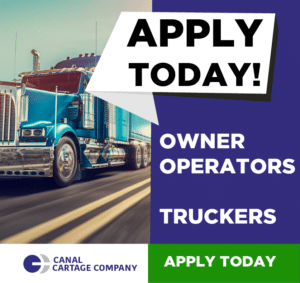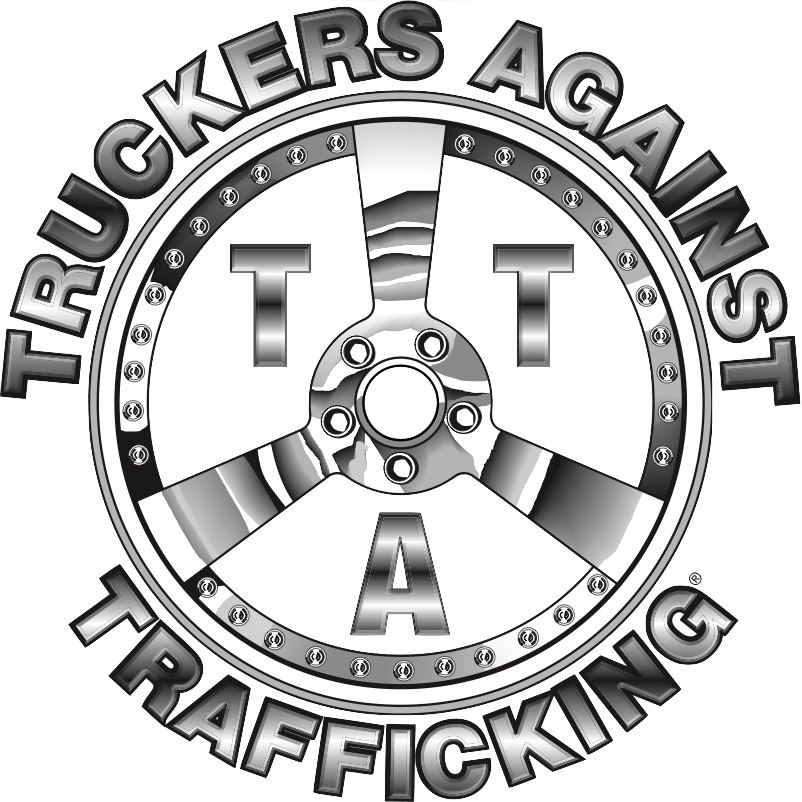If you have been keeping up with the news, you already know that there has been one heck of a battle brewing between legislators and the trucking industry in the state of California over truckers rights. It’s been an angry dispute between lawmakers in California and every single employed individual, who derives their income from subcontracting or freelancing. And that included owner-operators in the trucking industry.
Let’s take a look at where this law came from, and what has happened since it was passed. The original intention of the law, and what industries fought hard to have it amended or dismissed, to protect the ‘gig economy’ in California.
What Is California Assembly Bill 5 or the AB5?
It started with a landmark case in the Supreme Court of California. In the 2018 case of Dynomex Operations West, Inc. Vs. Superior Court, the judge decided that most workers are in fact, employees and should be classified that way. Bill AB5 also put the burden of proving that independent contractors were in fact contractors, on the hiring company. It made a new precedent that all contractors should be presumed to be employees, unless the hiring company could legally prove otherwise.
The gist of the law was to stem what the state of California believed to be an alarming increase in independent contractors versus traditional part-time and full-time employee roles. The concern revolved around the fact that employees in California have more labor protections (including being governed by minimum wage laws), paid sick leave, unemployment and worker’s compensation benefits. All of which are not offered to independent contractors.
The law outlined a three-level assessment to determine if a worker was misclassified as an independent contractor, versus an actual employee. Those terms included:
- That the individual is free from direction and control, “under his contract for the performance and service”.
- That the service is performed outside the usual course of business of the employer.
- That the individual is customarily engaged in an independently established trade, occupation, profession, or business of the same nature as that involved in the service performed.
The trucking industry was not the only one to ‘sound the alarm’ and two of the most vocal opponents to the legislation were Uber and Lyft. Both companies applied for an exemption of the rule, defending that their drivers were independent contractors, and part of a thriving ‘gig economy’. Both companies were denied exemption, and have refused to reclassify their drivers as employees. They have also pledged to spend $30 million dollars on a 2020 ballot petition to reverse AB5.
Other companies who worked with independent contractors as part of their business model also applied for exemptions that were granted, because the companies could prove that:
- The contractors had the right to set and negotiate their own rates and compensation.
- The contractors had direct communication with end user customers.
- The contractors earned at least twice the minimum wage.
This potentially catastrophic shift in legislation would mean that all businesses that worked with independent contractors would have to meet the requirements, and apply for exemptions, providing a great deal of evidence to show that contractors were not being misclassified, when they were fulfilling the role of an employee. Other freelance contractor associations in the film and creative industries, food delivery services, and other sectors joined the legal battle to stop AB5 from destroying the independent contractor market in California.
Both New York and New Jersey have stated that they are evaluating similar methods to protect workers in the ‘gig economy’ from exploitation by businesses. However, what AB5 is more likely to do, is drive freelance professionals in every sector, out of the state.
What Does the Trucking Industry Have to Say About California AB5 Legislation?
The new laws were intended to take effect on January 1, 2020. But it was the Superior Court case in 2018 that actually started putting wheels in motion (or stopping them) for owner-operators trucking rights in California. Large fleets like Werner Enterprises and Swift Transporation changed their policies from leased contracts for drayage and transmodal services, to employee-only hires.
The California Trucking Association filed a lawsuit in November 2018 to get an injunction against the AB5 law. Specifically, the suit addresses that AB5 violates the supremacy and commerce clauses in the U.S. Constitution and the Federal Motor Carrier Safety Act, that prohibits states from passing laws that affect motor carrier prices, routes and services. Because a disruption in the trucking industry has a reverberating effect on virtually every industry, product and service in America.
“AB 5 threatens the livelihood of more than 70,000 independent truckers,” according to California Trucking Association CEO Shawn Yadon. He also stated, “The bill wrongfully restricts their ability to provide services as owner-operators and, therefore, runs afoul of federal law and trucking rights.”
What it would mean for trucking and drayage companies in California, is that no independent owner-operators could be issued leased contracts to work with carriers. At a time when demand for CDL truckers is high and the availability of drivers is lower than it should be, this would be a catastrophic blow against the trucking industry in California, with wide reaching implications for all owner-operators if other states decided to follow suit.
The Trucking Industry Has Been Temporarily Exempted from AB5 in California
A Los Angeles County Superior Court Judge William Highberger, ruled that AB5 was preempted by the Federal Aviation Administration Authorization Act of 1994. This law protects independent contractors to provide transportation services, which also includes drayage, freight and logistics.
The trucking industry was granted an exemption from AB5, which means that companies (for now) can continue to work in partnership with CDL owner-operators to meet drayage, transmodal and consolidated freight demand.
What does all of this mean for Owner-Operators and Their Trucking Rights?
The owner-operator and logistics industry relationship are mutually beneficial. Owner-operator CDL truckers can make their own schedule. They can choose whether they want to do short-haul or long-haul trips (or vary them to benefit from extra compensation for long-haul loads). American trucking industries do not have to pay hourly drivers, if there is not enough demand to keep those drivers busy, and that helps trim expenses.
There is no word yet whether the law will be amended with more specific terms used to help protect freelance and subcontractors from exploitation by business owners. But it looks like (for now) the California trucking industry is safe and can continue to rely on owner-operators through leased contracts, to manage the growing drayage demand at American’s busiest ports.



